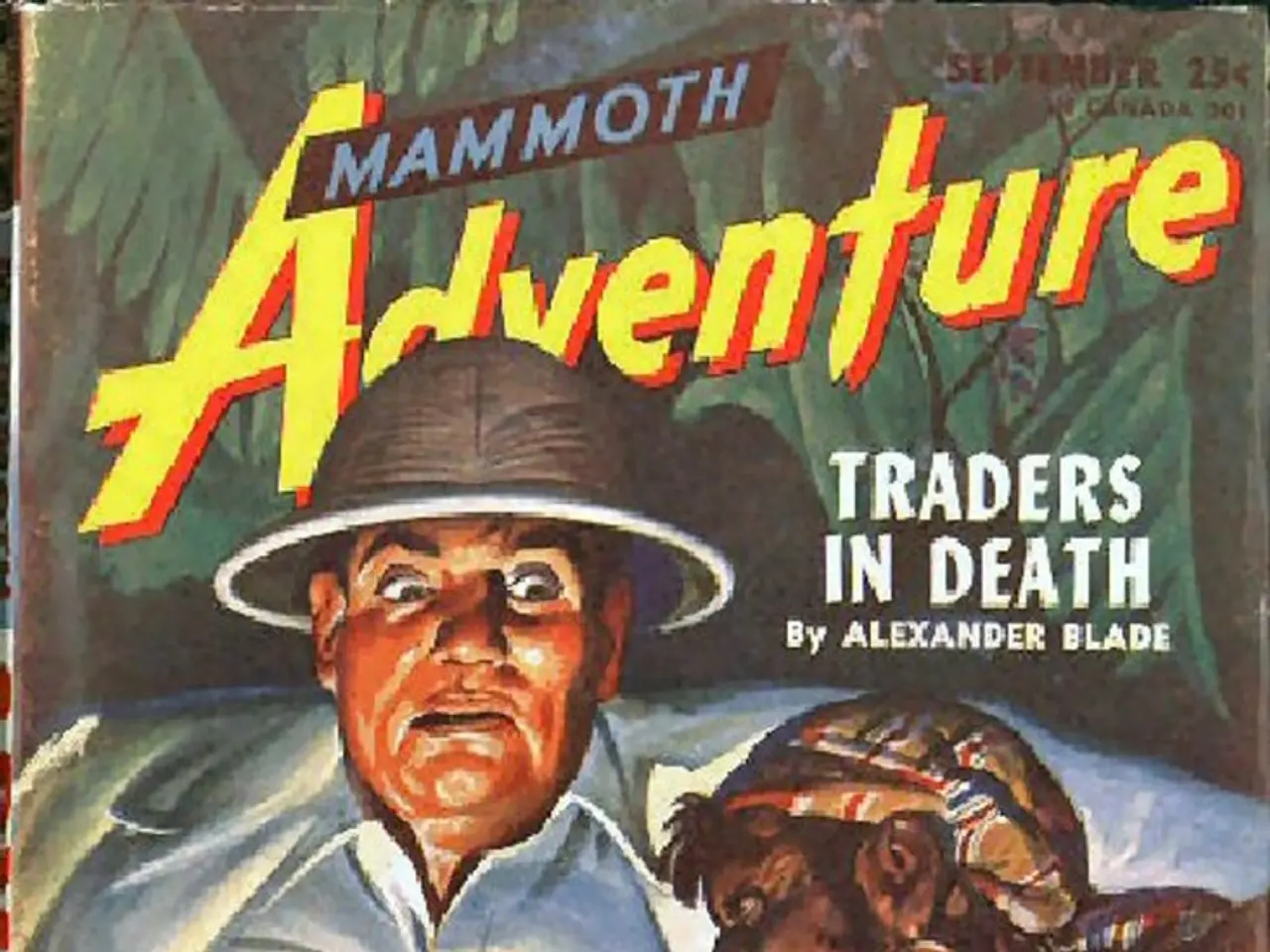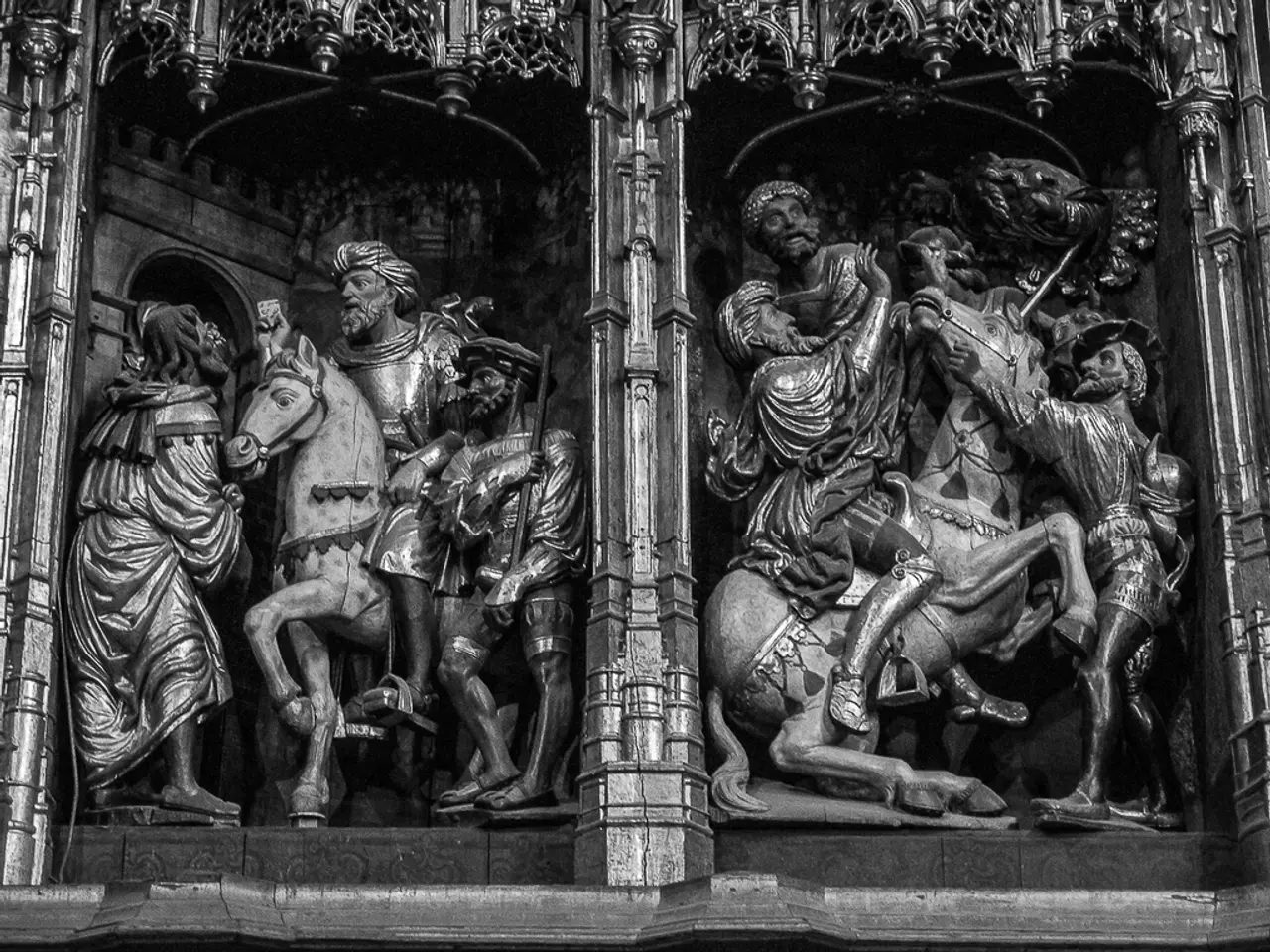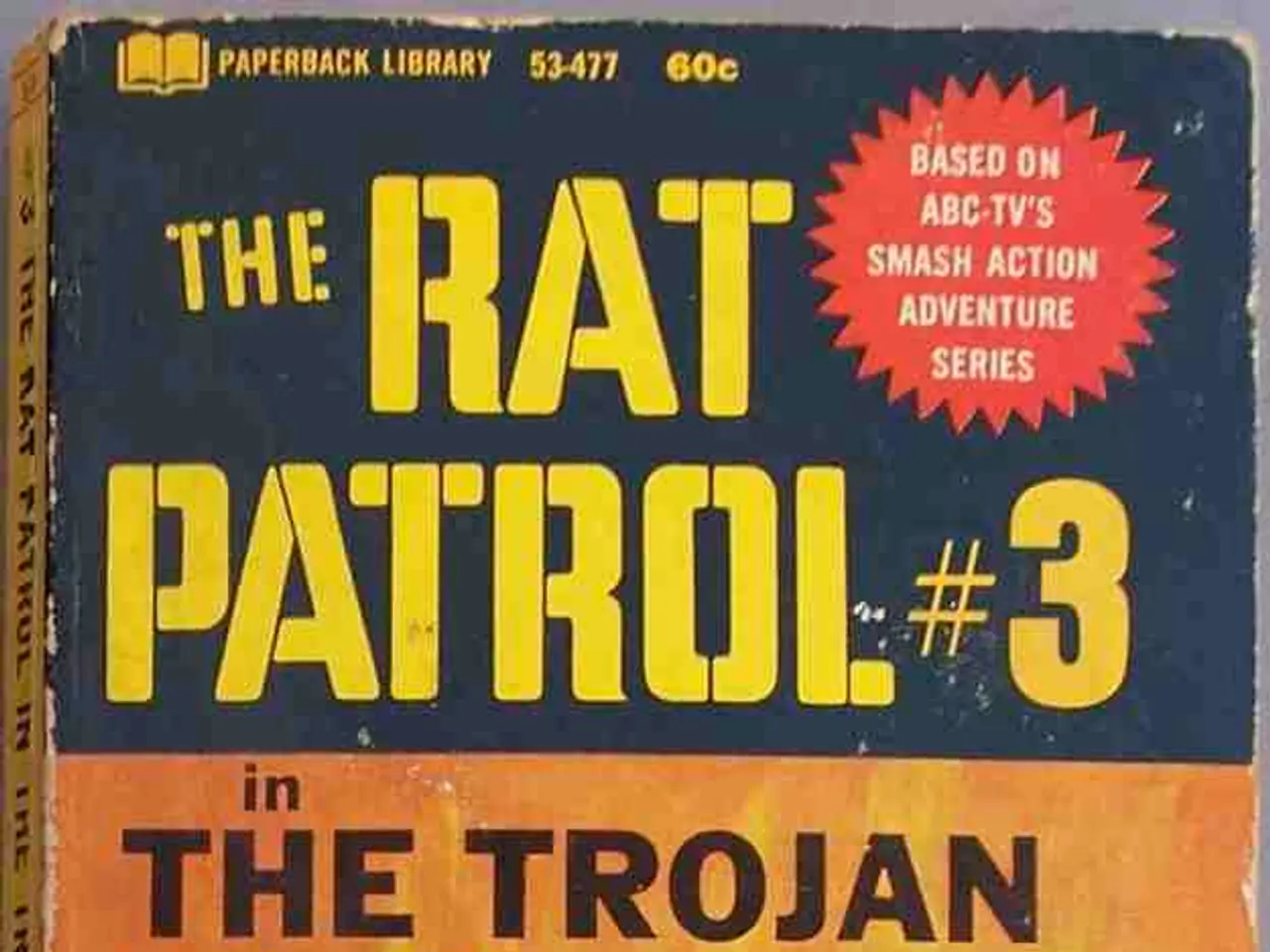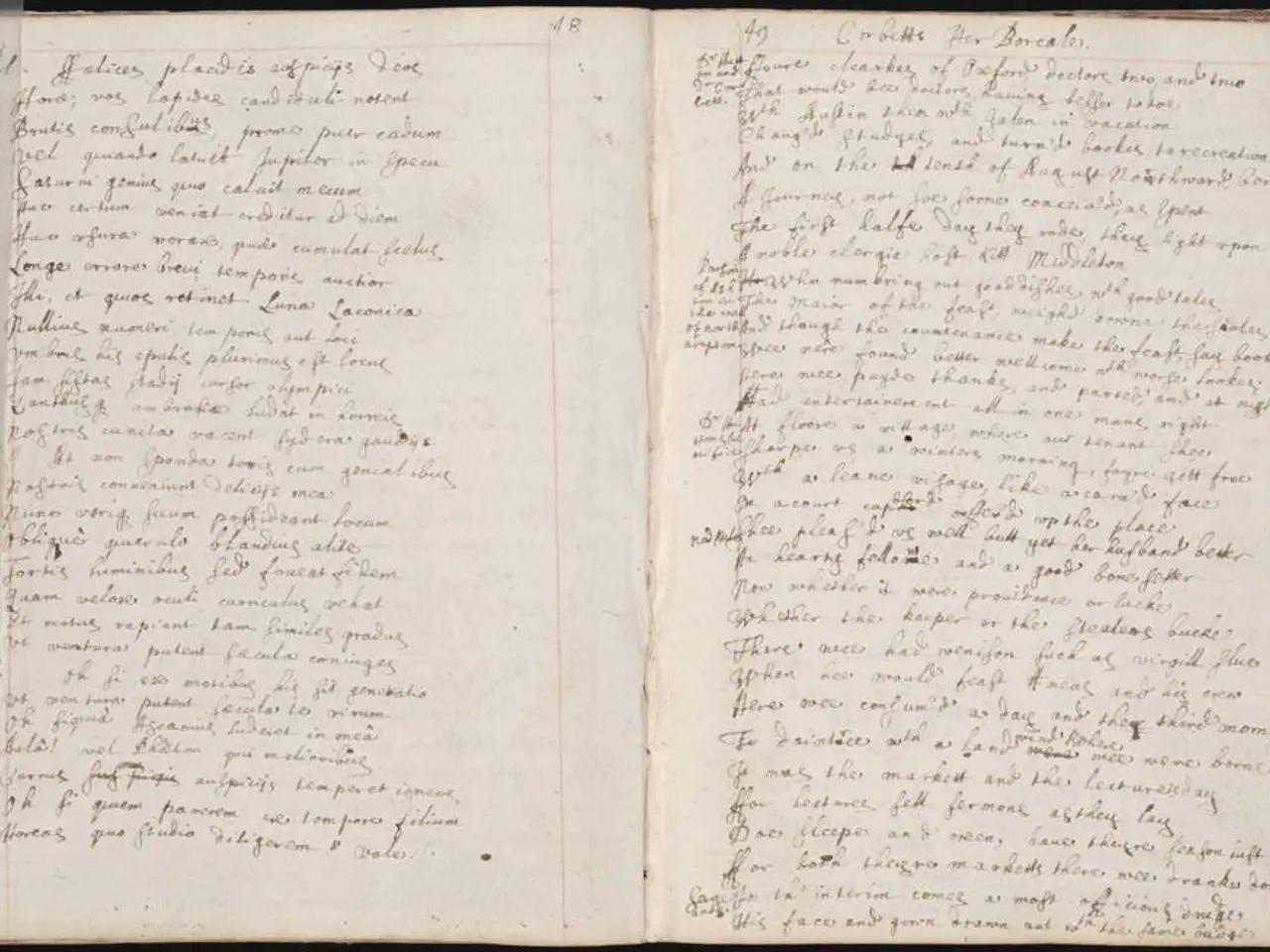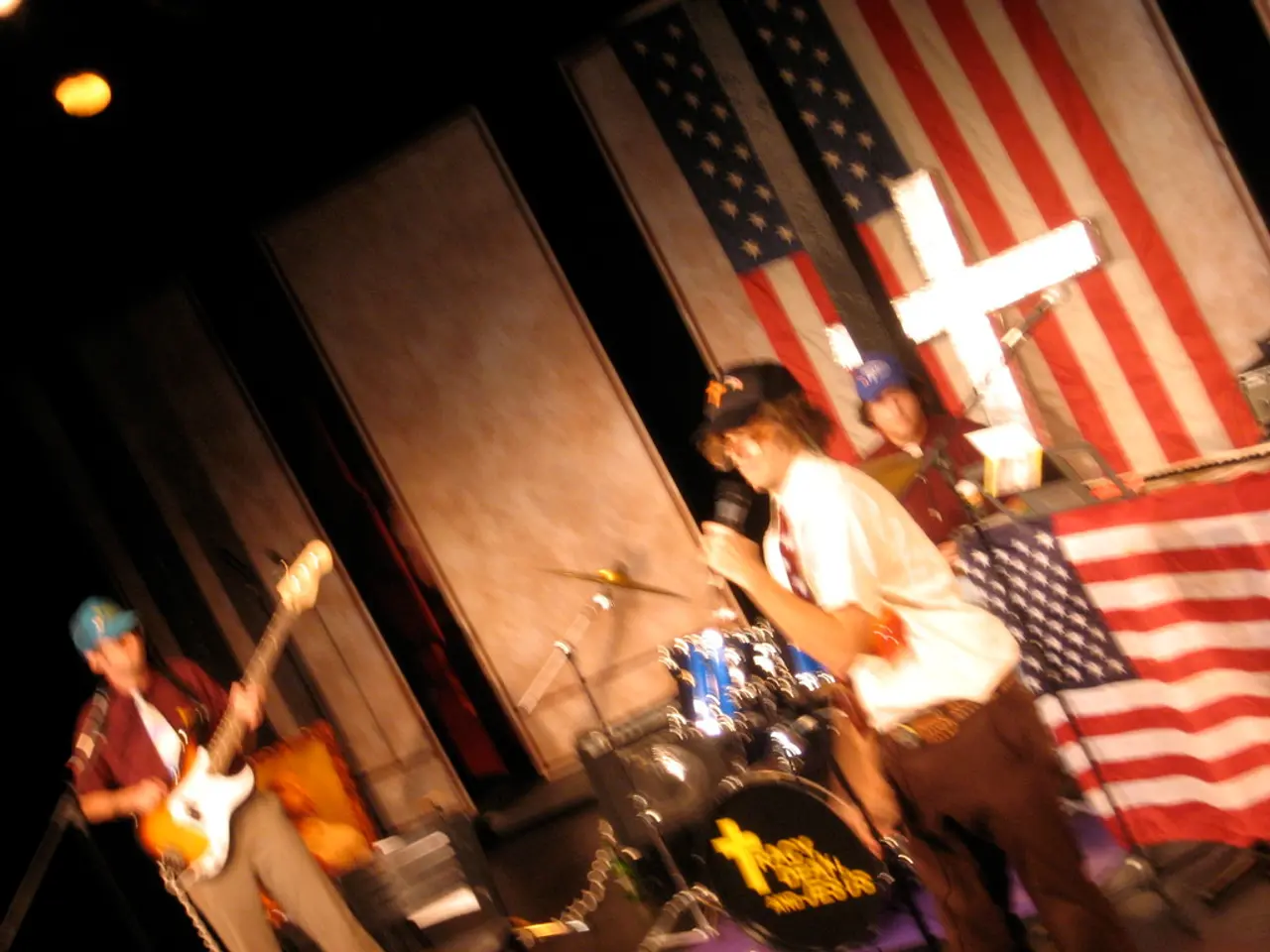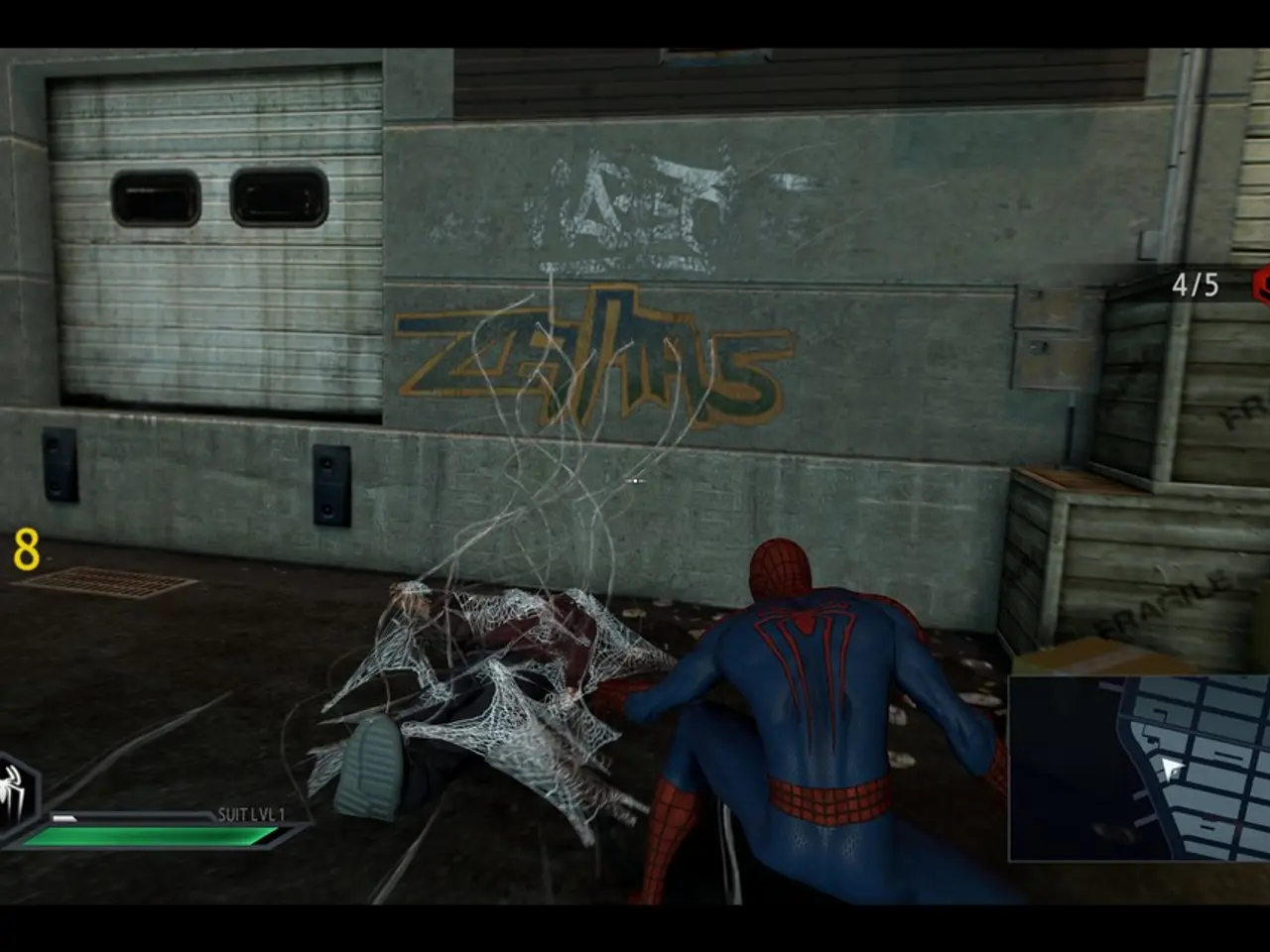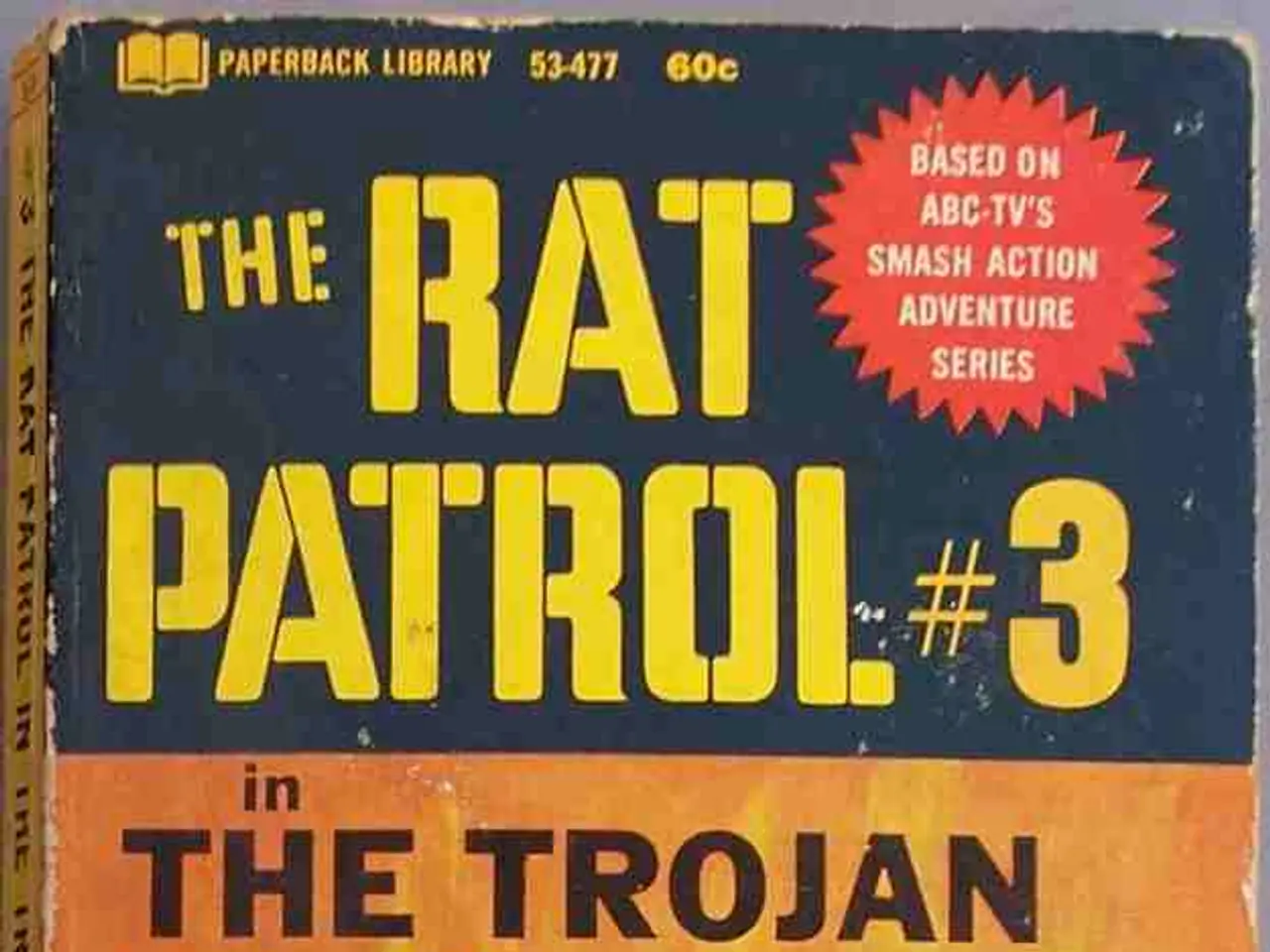Self-Styled Monarch Emperor Norton I Reigns Over the U.S.
In the heart of 19th-century San Francisco, a man named Joshua Abraham Norton rose to prominence not through legitimate power but through clever self-fashioning, public acceptance, and enduring charm. Born in London in 1818, Norton arrived in San Francisco during the California Gold Rush in 1849 [5]. Initially a successful businessman, engaging in real estate and commodities trading, Norton's life took an unexpected turn when he lost his fortune in a failed Peruvian rice trade and endured a protracted court case [1].
On September 17, 1859, Norton declared himself "Emperor of the United States" [2]. Despite having no royal lineage, military background, or official title, the people of San Francisco embraced him as a beloved local figure rather than dismissing him as a nuisance. His eccentric but dignified behavior, issuance of whimsical decrees, and his distinctive elaborate imperial attire endeared him to San Francisco's public [3].
One of Norton's most famous decrees was the construction of a suspension bridge between Oakland and San Francisco [2]. Although this idea did not materialize during his lifetime, the Bay Bridge, built much later, has been a subject of debate for renaming in Norton's honor [4]. Norton also issued Imperial Proclamations addressing genuine political problems of the day, including calls for racial equality, political reform, and interfaith harmony [3].
Norton lived modestly and wore a tattered blue uniform adorned with epaulettes, plumed hats, and medals [1]. From that point forward, officers were instructed to salute Norton in the street [1]. The policeman who once arrested Norton, believing him to be mentally ill, was met with public outcry, leading to his immediate release and the police chief's apology [2].
Despite his self-declared reign, Norton's impact was largely cultural and social. He became a cherished eccentric and a sort of unofficial mascot of San Francisco, embodying the city's quirky spirit [3][5]. His presence brought the community together in a shared recognition of his "empire," and he was treated with respect by locals and newspapers alike [3].
Norton's life is a testament to the idea that dignity doesn't require recognition, and kindness doesn't require status. His legacy persists as a symbol of individualism and the blurred lines between reality and fantasy in the urban culture of the time [3][5]. Norton died on January 8, 1880, and over 10,000 people attended his funeral, one of the largest the city had ever seen [1]. To this day, Norton has become a folk hero, referenced in literature by writers like Mark Twain and Robert Louis Stevenson [4].
References: 1. Joshua Norton I 2. The Emperor's New Clothes: The Life and Legacy of Emperor Norton I 3. The Unofficial Emperor of San Francisco 4. Rename the Bay Bridge for Emperor Norton? 5. The Strange Tale of Emperor Norton
- In the realm of pop-culture, the enigmatic figure of Emperor Norton serves as an icon, frequently mentioned by esteemed authors such as Mark Twain and Robert Louis Stevenson.
- Amid the bustling business scene of 19th-century San Francisco, the legendary character of Emperor Norton, a self-proclaimed ruler with no military background or official title, emerged as a symbol of history and entertainment, captivating the hearts of the city's inhabitants.
